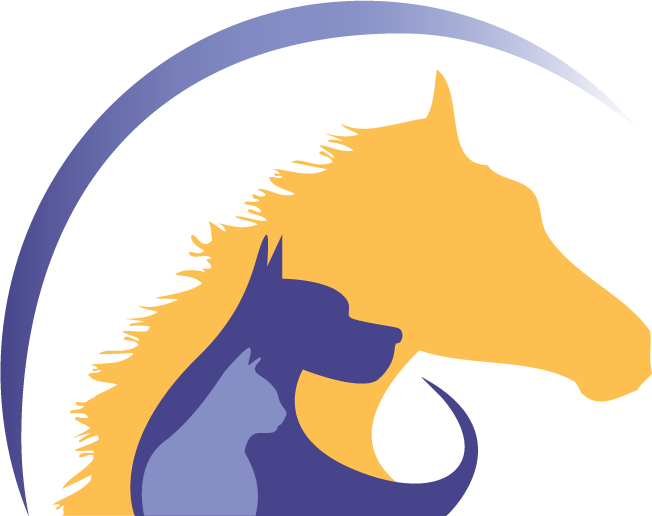Separation Anxiety
One of the most common complaints we see of pet parents is that their dogs are disruptive or destructive when left alone. Their dogs may bark, howl dig, chew, urinate and defecate in in the home when left alone. Separation anxiety is triggered when dogs become upset because of separation from their loved ones, guardians.
When treating a dog with separation anxiety, the goal is to resolve the dog’s underlying anxiety by teaching them to enjoy, or the very least tolerate, being left home alone. This is accomplished by setting things up so that the animal experiences the situation that provokes their anxiety, namely being alone, without experiencing that fear or anxiety.
Behaviours Associated with Separation Anxiety:
- Barking and Howling
- Chewing, Digging, Destructive behaviour
- Escaping
- Pacing
- Trembling
- Urinating and Defecating in areas they’re not supposed to
- Hyper salivation – Drooling
Reasons why dogs develop separation anxiety?
- No stability in life
- Rescue / Shelter animal
- Change of guardian or family
- Schedule Change
- Change in residence
- Change in house hold
What to do to help your pet?
- Encourage Independence – Encourage time alone for your pet even when you’re alone. Make it interesting for them whenever you need to leave the house. Kongs filled with peanut butter, Frozen food Kong’s which will take a while for them to get through, Use a settle mat that will aid them in relaxing.
- Create a safe environment – Create a safe haven for your pet, a room they feel the most comfortable in with all their favourite toys and food.
- Downplay departures & arrivals – Neutral interactions 30 minutes prior, keep occupied during departure routine, sneak out routine, avoid any major trigger noises; keys, shoes, coat.
- Exercise – 30 minute walk or run before you go out for the day for an energy outlet fun toy sessions.
- Medication – Please see your Veterinarian to be prescribed the right anti-anxiety medication for your pet.



